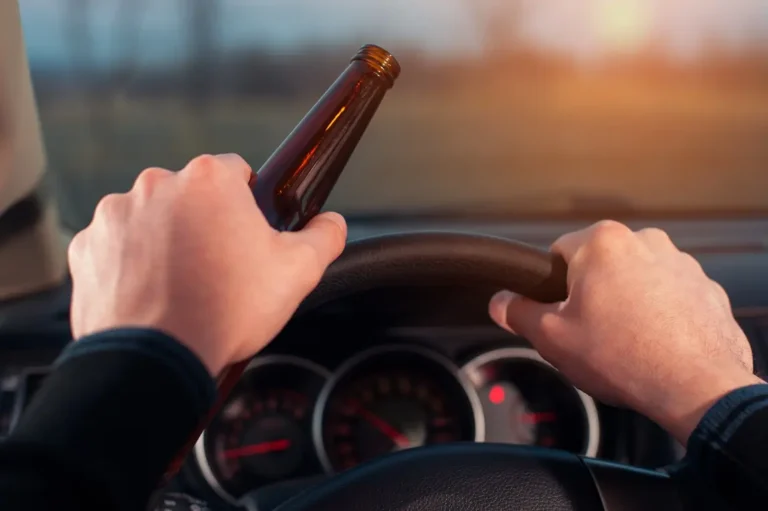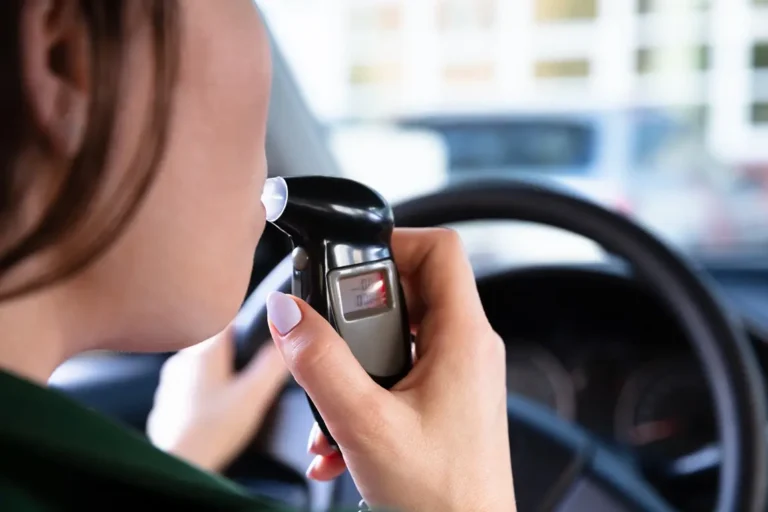
For those arrested for OVI (operating a vehicle impaired) in Ohio, the charges against them are often confusing.
Below, we discuss OVI’s in Ohio and if and when they can turn into felonies.
Is an OVI a Felony in Ohio?
That depends. An OVI is often a misdemeanor, but it may become a felony in certain situations.
Whether you are facing a misdemeanor or a felony OVI charge, call (937) 222-1515 or contact the Ohio criminal defense attorneys at Gounaris Abboud, LPA today. A lawyer will help protect your rights.
IS AN OVI A FELONY IN OHIO FAQ
When is an OVI a Felony in Ohio?
OVI is a felony when the accused has committed prior OVI offenses.
Whether an OVI is a felony depends on the number of prior offenses and the time in which they occurred.
Felony OVIs are third-degree felonies or fourth-degree felonies.
An OVI is a third-degree felony in the last situation where the defendant has one prior felony OVI.
The OVI is a fourth-degree felony when the OVI falls under one of the first two categories listed above.
Under Ohio OVI laws, a felony OVI may result when the defendant received:
- Three or four OVI convictions in the last 10 years,
- Five or more OVI convictions in the last 20 years, or
- A prior felony OVI at any time.
IS AN OVI A FELONY IN OHIO FAQ
What Are the Penalties for a Felony OVI In Ohio?
The penalties for an OVI in Ohio depend in part on the degree of the felony; several penalties apply to every felony OVI.
First-Time Felony OVI Penalties
For a first-time felony OVI, Ohio requires mandatory penalties that include:
- A minimum $1,350 fine,
- A minimum 60-day or 120-day jail or prison sentence (depending on the substance you used and how much was in your system),
- A minimum three-year license suspension,
- Vehicle forfeiture, and
- Required participation in drug or alcohol treatment.
The $1,350 fine is the smallest fine that the court may impose.
The court can instead impose up to the maximum fine of $10,500.
Similarly, the court has the discretion to order a prison sentence above the minimum of up to 30 months.
If you had five or more OVI convictions in the past 20 years, the court can put you in prison for up to five years.
The court could also impose a lifelong license suspension.
Second Felony OVI Penalties
These mandatory penalties are mostly the same for a second felony OVI conviction.
One exception is that the mandatory sentence must be served in prison; there is no option for the court to order jail time instead.
Additionally, the court can impose a prison sentence of up to five years, regardless of how many prior convictions you had or when they occurred.
IS AN OVI A FELONY IN OHIO FAQ
What Are the Defenses of a Felony OVI?
The defenses available in misdemeanor cases are also available for felony OVIs.
Constitutional Violations
A defendant may argue that the police violated their Fourth or Fifth Amendment rights.
A Fourth Amendment violation may result if the police conduct an invalid stop or arrest.
A Fourth Amendment violation might occur when the police stop a car without reasonable suspicion that an offense has been committed.
The police also need probable cause to believe that the driver was under the influence to make an arrest.
A Fifth Amendment violation occurs when the police do not read the accused their Miranda rights.
A defendant must first hear their Miranda rights before they can be questioned in police custody.
Miranda rights include the right to an attorney and the right to remain silent.
A Fourth or Fifth Amendment violation will not result in having the case dismissed.
However, a violation may lead to the court suppressing evidence that police obtained as a result of the violation.
This means that the court will not allow the prosecution to show the evidence in a trial.
Factual Challenges
The defense may argue that the state cannot prove OVI beyond a reasonable doubt.
This might work, for example, where there is not enough evidence of intoxication.
The defense might also argue that the defendant was not operating a vehicle as alleged.
The defendant might challenge the field sobriety test or the chemical test. A chemical test measures the defendant’s blood alcohol content administered by the police.
The defense can challenge these tests for:
- Testing errors,
- Improper collection, and
- Improper preservation of the sample.
Also, the police must take the sample within three hours of operating the vehicle.
If the officers do not do so, results may not show the defendant was intoxicated.
If you were recently charged with an OVI text us the details
IS AN OVI A FELONY IN OHIO FAQ
What Will Happen in Court for a Felony OVI in Ohio?
When someone is charged with a felony, they first have an initial appearance before the court, where the court will explain the defendant’s rights.
The court will also set bonds and other conditions on the defendant’s release if any.
Next, the court holds a preliminary hearing, where it decides whether there is probable cause to bind over the defendant, i.e., move forward with the case.
If the court finds probable cause, then a grand jury hears the case and decides whether to indict the felony.
An indictment means that the defendant is charged with the felony OVI.
If indicted, the defendant will have their first formal appearance in court, called an arraignment.
At this time, the defendant will enter a plea of guilty or not guilty.
Next, the parties will try to resolve the charges before trial. If the parties cannot reach a plea bargain, the case will move to a trial.
IS AN OVI A FELONY IN OHIO FAQ
Contact an Ohio OVI Defense Attorney Today
Felony OVI is a serious charge with serious consequences.
To protect your freedom and avoid hefty fines, contact an experienced OVI defense lawyer immediately.
At Gounaris Abboud, LPA, we have over 50 years of collective experience. Our lawyers provide our clients with a zealous defense at every stage of the case.
Contact our seasoned Ohio criminal defense attorneys online or by calling (937) 222-1515 today for a free consultation.




